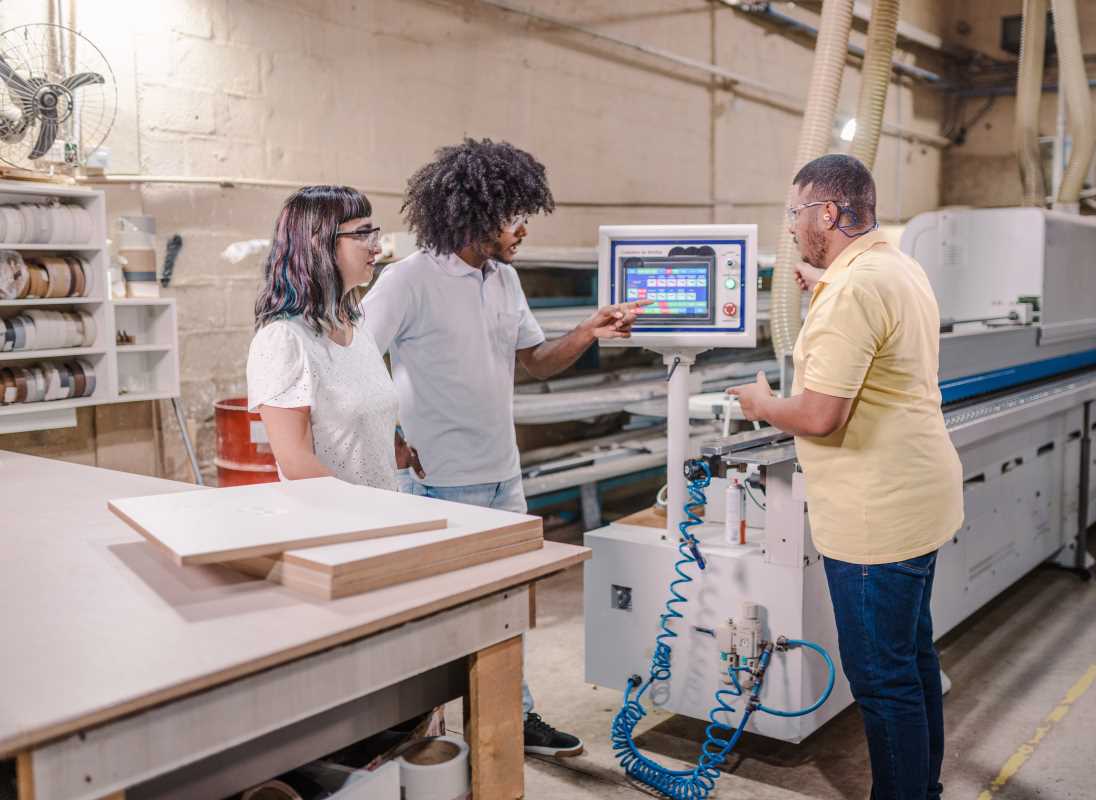Education is not a destination; it's a lifelong journey. It’s a path with many different starting points, routes, and milestones. Too often, we see education as a straight line from elementary school to high school to college. But in reality, people's paths are wonderfully diverse and unique. Some may start with a GED, while others might go all the way to a PhD. There is no single "right" way to learn and grow. The beautiful thing is that each step, no matter how big or small, builds on the last, creating a strong foundation for your future. This guide will help you map out the educational landscape, from foundational credentials to the highest levels of academic achievement, showing you how each stage works and how they can all connect.
The Foundation: High School Diploma and GED
The first major milestone in most educational journeys is completing secondary education. This is the foundation upon which all future learning is built.
High School Diploma: This is the traditional credential earned after completing the required coursework in high school, typically over four years. It signifies that you have a solid base of knowledge in subjects like English, math, science, and history. A high school diploma is the standard requirement for entry into most colleges, trade schools, and many entry-level jobs.
GED (General Educational Development): What if the traditional high school path doesn't work for you? The GED is an alternative credential that is recognized as being equivalent to a high school diploma. To earn a GED, you must pass a series of four subject tests: Mathematical Reasoning, Reasoning Through Language Arts, Social Studies, and Science. The GED is a powerful second chance, providing a critical credential that opens the same doors as a high school diploma. It allows you to apply for college, qualify for financial aid, and access better job opportunities. It proves that you have the core academic skills needed to succeed, regardless of the path you took to get there.
The Next Step: Undergraduate Education
After establishing your foundational credential, the next major stage for many is undergraduate education. This is where you begin to specialize and build skills for a specific career path.
Associate's Degree: Typically offered at community colleges and technical schools, an associate's degree is a two-year program. There are two main types: an Associate of Arts (A.A.) or Associate of Science (A.S.), which are designed to transfer to a four-year university, and an Associate of Applied Science (A.A.S.), which is designed to prepare you for direct entry into the workforce in a technical field like nursing, IT, or automotive technology. An associate's degree is a fantastic, affordable way to start your higher education journey or to quickly gain the skills for a great job.
Bachelor's Degree: This is the classic four-year college degree, offered at universities and four-year colleges. A Bachelor of Arts (B.A.) or Bachelor of Science (B.S.) degree provides a deep and broad education. The first two years usually consist of general education courses across a range of subjects, while the last two years focus on your "major"—your chosen field of study. A bachelor's degree is the required credential for a vast number of professional careers and is often a prerequisite for pursuing further graduate-level education.
Leveling Up: Graduate Education
For those who want to become true experts in their field, conduct research, or enter certain high-level professions, graduate school is the next chapter. Graduate programs are highly specialized and much more rigorous than undergraduate studies.
Master's Degree: A master's degree is typically a one- to two-year program that you enter after completing a bachelor's degree. It provides advanced, specialized knowledge in a particular field. For example, a person with a bachelor's in psychology might pursue a master's in clinical mental health counseling to become a therapist. Someone with a bachelor's in business might get a Master of Business Administration (MBA) to move into a leadership role. A master's degree is often required for management positions or for licensed professional roles in fields like education, social work, and engineering.
Doctoral Degree (PhD): The Doctor of Philosophy, or PhD, is the highest academic degree a person can earn. This is not about coursework in the traditional sense; it's about becoming an expert who creates new knowledge. A PhD program, which can take anywhere from four to eight years, is centered on intensive research. Students work closely with a faculty advisor to conduct an original research project, which culminates in a long, detailed paper called a dissertation. Earning a PhD is a requirement for becoming a university professor or a high-level researcher in government or industry. It signifies that you are one of the world's leading authorities in your specific area of study.
Navigating Your Unique Path
The journey from a foundational credential to a higher degree is not always a straight line. The modern educational system is built to be flexible, allowing you to move between different stages as your goals and life circumstances change.
The Transfer Pathway: Many students use community college as a smart and affordable launchpad. You can earn an associate's degree, save a significant amount of money on tuition for your first two years, and then seamlessly transfer to a four-year university to complete your bachelor's degree. This "2+2" model is an incredibly popular and effective strategy.
Going Back to School: It’s never too late to continue your education. Many people work for several years after earning their bachelor's degree before deciding to go back for a master's or even a PhD. Work experience can give you a clearer idea of your career goals and make you a much stronger candidate for a graduate program.
Lifelong Learning: Your education doesn't stop once you have a degree. The world is always changing, and continuous learning is key to staying relevant. This might mean earning professional certifications, taking online courses to pick up a new skill, or attending workshops and conferences. Every piece of knowledge you gain adds another layer to your personal and professional growth.
 (Image via
(Image via





